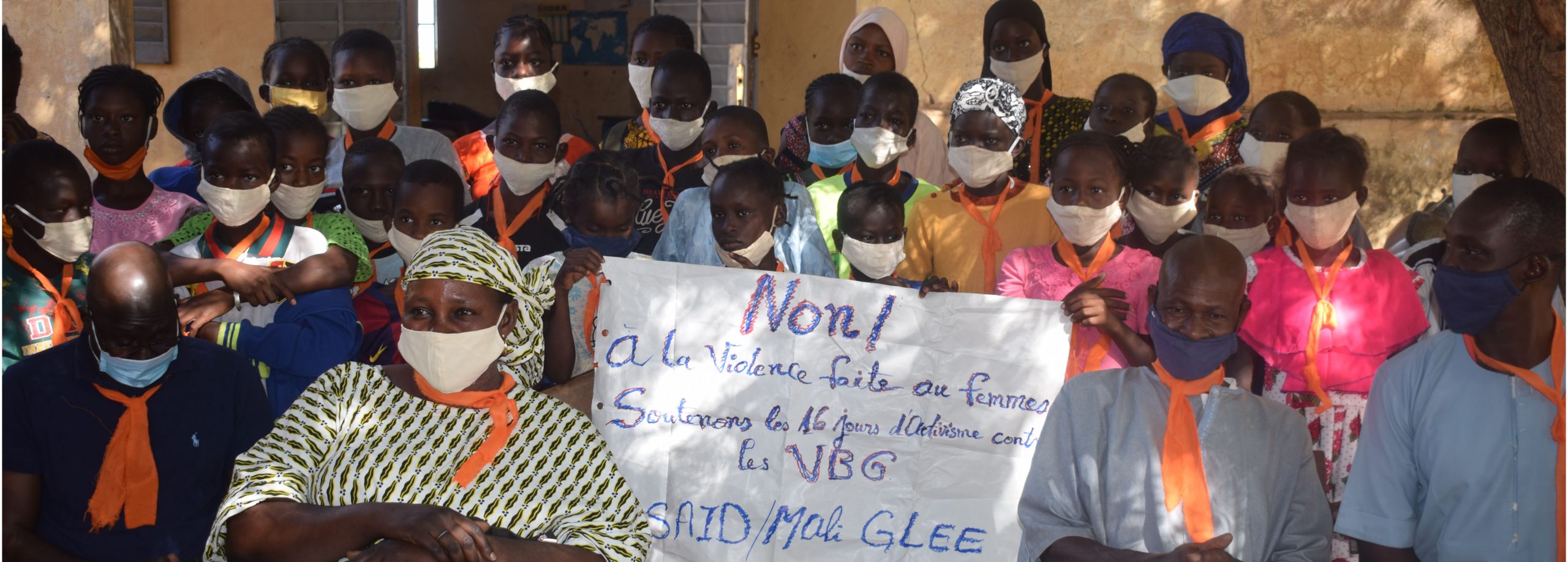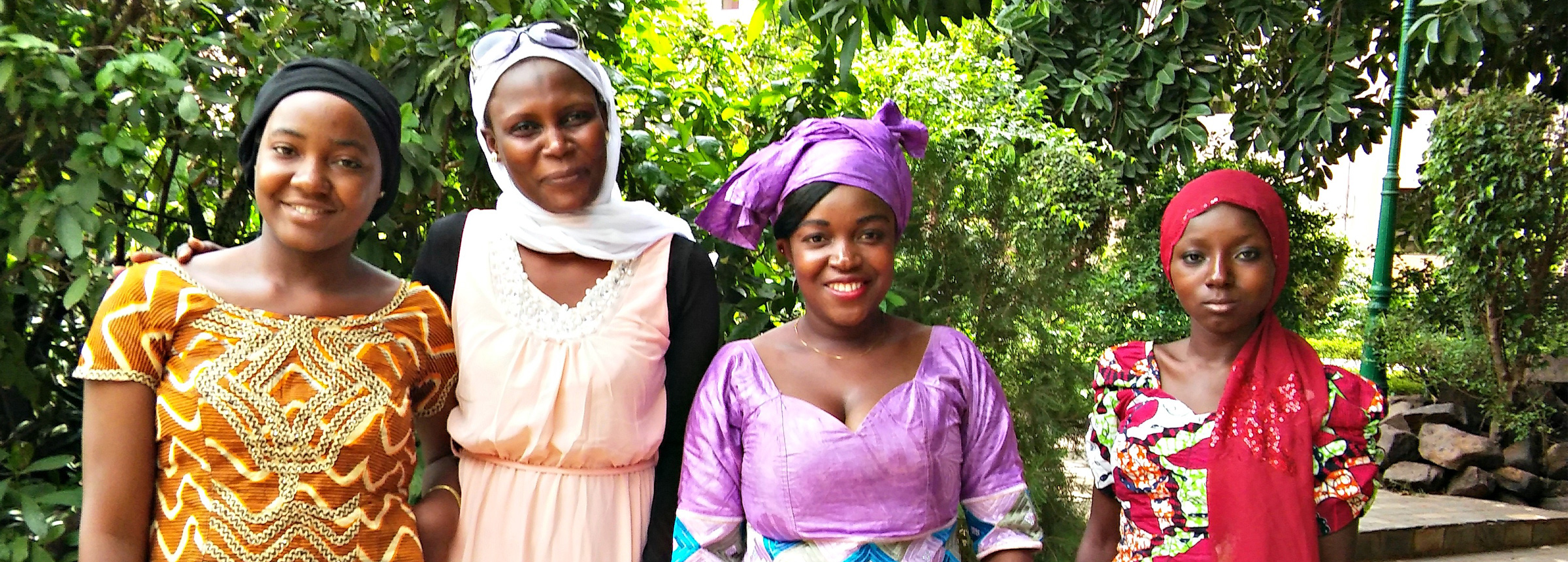
Women Empowering Girls in Kayes
Penda Traoré knows how to bring children together in Medine, a rural community in the Kayes region of Mali where agriculture and gold mining predominate. As a mentor, Penda leads weekly sessions promoting education with more than 40 girls between the ages of 10 and 19, including some who are married.
Penda’s secret: She sends out older girls as “mobilizers” to visit families early on mentoring days and encourage girls to attend. Thanks to this “peer-to-peer” approach, Penda’s mentorship sessions are always full, and the girls arrive on time. They talk about education and empowerment, responsibility, respect, public speaking, menstrual hygiene, and mining related issues.
“This year in the Awa Dembaya commune, more than 100 girls have come back to school thanks to the mentorship sessions. Without the mentorship, these girls would either be in gold mines or leave their villages to work as maids in the city,” explains Penda.
Penda is one of the most active mentors in her area. She talks with mothers who rely on girls for household help about the importance of time spent learning. Most mothers in the community now support their daughters’ participation and feel confident that, with Penda, their daughters are in safe and reliable hands.
Girls in Medine typically leave school after marriage to focus on childbearing, cooking and other household tasks. In 2020, Penda made a breakthrough by convincing three husbands to let their wives continue schooling after marriage. Penda was assisted by the Medine School Principal who also talked with husbands and parents. The idea that married women could stay in school was accepted because people had seen first-hand the positive impact of mentoring sessions on their families and their community.
The three recently married girls began high school in 2021 and are an example for others. Thanks to their hard work and Penda’s support these young wives are staying in school and working as mobilizers, helping to recruit younger girls and passing on the benefits of mentorship.
Mentorship is just one part of the USAID Girls Leadership and Empowerment through Education (GLEE) project. USAID GLEE also provides training to parents and community members to support girls’ access to education, and to hold their local schools accountable. Between 2019 and 2020, the project helped to enroll over 7,000 learners in accelerated schooling centers. More than 75% of these formerly out-of-school adolescents have made the transition to regular public schools.
While challenges remain, girls and their families are better informed about the benefits of schooling and better equipped to succeed in school. Overall, USAID GLEE has supported nearly 60,000 adolescent girls in the Kayes and Mopti regions of Mali.
This story was originally published by USAID Mali on March 4, 2021.
Related Projects

